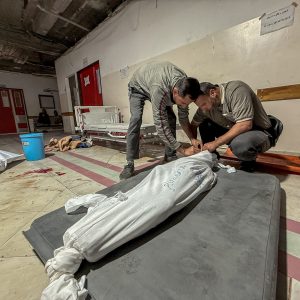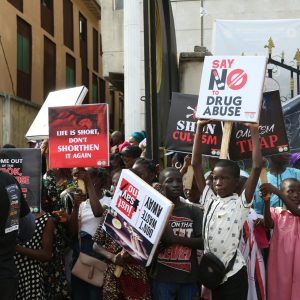Wealthy using subsidised fuel is ‘haram,’ says Indonesian Ulema Council
Islamic body issues edict forbidding affluent individuals from using government-subsidised fuel meant for the poor
JAKARTA, Indonesia (MNTV) – The Indonesian Ulema Council (MUI) has declared it haram (forbidden under Islamic law) for wealthy individuals to use subsidised fuels, reinforcing government efforts to prevent misuse of public subsidies.
MUI Edict Commission Secretary Miftahul Huda stated that affluent people should not be using subsidised Pertalite gasoline or the 3-kilogram liquefied petroleum gas (LPG) canisters, as these resources are allocated specifically for low-income households and small businesses.
“The government provides these subsidies to assist those in need. When wealthy individuals use them, they are taking what is not rightfully theirs, which is considered unjust in Islam,” Huda said in a statement quoted by The Star.
He further equated the misuse of subsidised fuel by the affluent to stealing from the poor, a serious offense under Islamic teachings.
The MUI’s edict comes on the heels of a new regulation from the Energy and Mineral Resources Ministry that sought to curb the widespread misuse of subsidised LPG.
The policy, which prohibited small retailers from selling 3-kg LPG canisters to wealthier individuals, was introduced less than two weeks before MUI’s statement.
However, the government quickly reversed the rule following severe shortages and long queues at official LPG distributors across the country.
Despite the backtracking, eligible recipients continue to report difficulties in accessing subsidised LPG canisters, with many retailers allegedly selling them at inflated prices far above the government-mandated cap.
The Indonesian government heavily subsidises the cost of cooking gas, covering about 70 per cent of the price for the 3-kg LPG canisters. In 2023, it spent approximately 87 trillion rupiah ($5.32 billion) to provide affordable cooking gas for around 40 million people.
The MUI’s ruling is expected to add moral weight to the government’s attempts to regulate the distribution of subsidised fuels and ensure they reach their intended beneficiaries.










